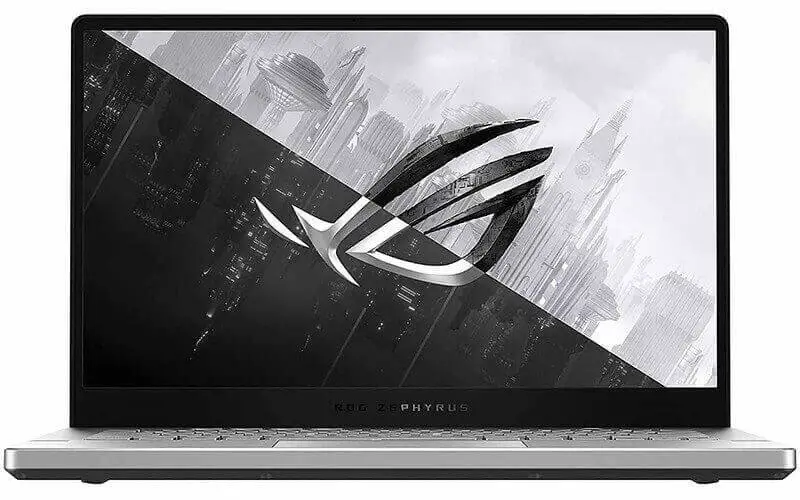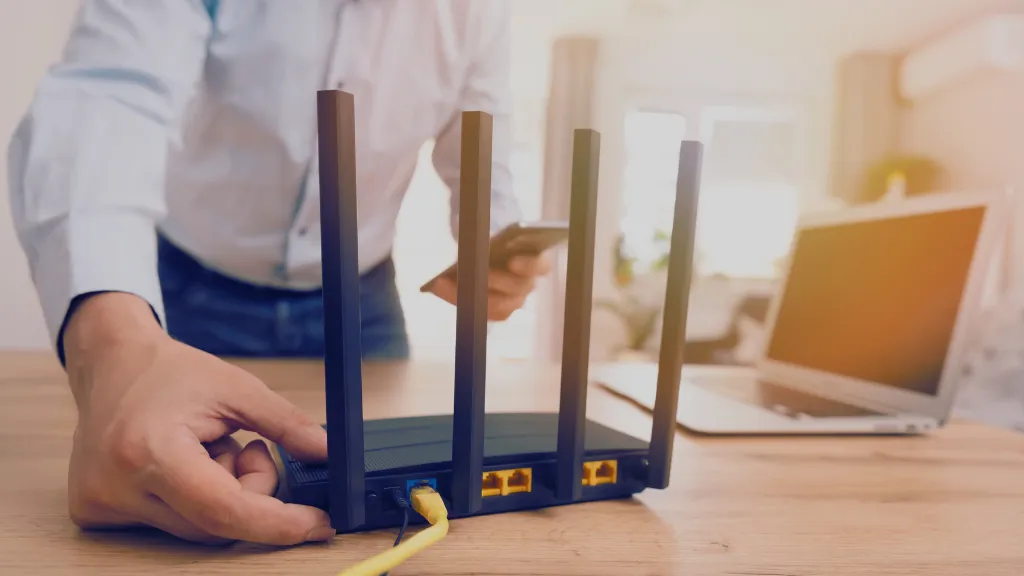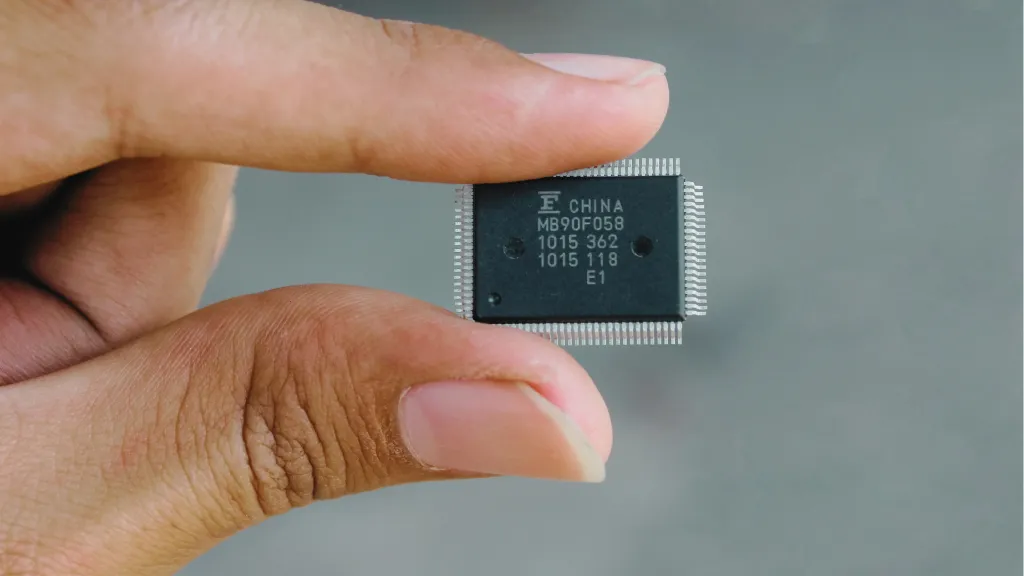As a programmer, I know how important having a reliable and efficient laptop is. With so many options, deciding which one to choose can be overwhelming. Recently, I’ve heard a lot about ASUS laptops being a great choice for programming.
But is it true?
In this article, I’ll explore the details and whether ASUS laptops are a good programming fit. I’ll share my experience and research to help you make an informed decision.
Let’s get started.
What to Look for in a Programming Laptop?
When I was in the market for a programming laptop, I quickly realized that there are a lot of factors to consider.
Here are the main things that I looked for:
CPU
First, the CPU is the most important component of programming. You’ll want a processor that can handle complex tasks quickly and efficiently. I recommend at least an Intel Core i5 or AMD Ryzen 5.
RAM
Next, you’ll need plenty of RAM to ensure smooth performance. I suggest at least 8GB of RAM for programming, although 16GB is even better.
Storage
Storage is another important consideration. You’ll want enough space to store your code, files, and programs. I recommend a solid-state drive (SSD) or a hybrid drive with at least 256GB of space.
Graphics Card
Depending on your programming needs, you may also need a dedicated graphics card. This is especially true if you’ll be doing graphics-intensive work like game development. Otherwise, an integrated graphics card should suffice.
Display
Finally, the display is important as well. You’ll want a large screen to display your code comfortably, with a high enough resolution and color accuracy to make your work look its best. I recommend a display of at least 13 inches with a resolution of 1080p or higher.
Of course, other factors are to consider, such as battery life, portability, and durability. But in my experience, these are the most important things to look for in a programming laptop.
ASUS Laptops for Programming
After researching and considering the factors mentioned earlier, I found that ASUS offers some great laptops for programming.
Here are a few models that stood out to me:
1. Asus ZenBook Pro Duo

First up is the ASUS ZenBook Pro Duo. This laptop has a unique design with a secondary touchscreen above the keyboard. This can be great for multitasking and organizing your workspace.
It also has a powerful Intel Core i7 processor, 16GB of RAM, and a dedicated NVIDIA GeForce RTX 3070 graphics card, making it a great choice for more demanding programming tasks.
2. Asus ROG Zephyrus G14

Next is the ASUS ROG Zephyrus G14. While this laptop is marketed more toward gamers, it also has some impressive specs for programming. It features an AMD Ryzen 7 processor, 8GB of RAM, and a dedicated NVIDIA GeForce RTX 1650 graphics card.
It also has a compact and lightweight design, making it great for on-the-go programming.
3. Asus VivoBook S15

If you’re looking for something more affordable, the ASUS VivoBook S15 is a solid choice. It features an Intel Core i5 processor, 8GB of RAM, and a 15.6″ FHD display. It also has a slim and lightweight design, making it a great option for those who value portability.
4. Asus Chromebook Flip C436

Finally, the ASUS Chromebook Flip C436 is a great choice for those who prefer a Chromebook. It has an Intel Core i3 processor, 128GB SSD, 8GB of RAM, and a sleek 2-in-1 design that can be used as a laptop and a tablet. It’s also highly portable with long battery life, making it a great choice for programming on the go.
Overall, I found that ASUS offers some great laptops for programming with various options to suit different needs and budgets.
Asus Laptops for Programming Comparison Table
| Laptop Model | Pros | Cons | |
|---|---|---|---|
| ASUS ZenBook Pro Duo | – Innovative secondary touchscreen display – Good performance in demanding tasks – Sleek and stylish design | – Expensive – Heavy – Battery life could be better | Check Latest Price |
| ASUS ROG Zephyrus G14 | – Excellent performance for gaming and programming – Thin and light design – Long battery life | – Limited port selection – Loud fan noise under heavy load – No webcam | Check Latest Price |
| ASUS VivoBook S15 | – Affordable price for good performance – Lightweight and portable design – Good selection of ports | – Mediocre display quality – Limited storage space – Plastic build feels less premium compared to other models | Check Latest Price |
| ASUS Chromebook Flip C436 | – 2-in-1 design for versatile use – Lightweight and portable design – Good battery life | – Limited storage space – May not be suitable for more demanding programming tasks – Limited app compatibility compared to Windows laptops | Check Latest Price |
Comparison of ASUS Laptops with Other Brands
When researching laptops for programming, I didn’t just look at ASUS. I also compared them to other brands like Dell, HP, and Lenovo. Here’s what I found:
First, regarding performance, ASUS laptops tend to have specs comparable to other brands in their price range. For example, the ASUS ZenBook Pro Duo I mentioned earlier has similar specs to the Dell XPS 15 and the Lenovo ThinkPad X1 Extreme, both well-regarded laptops for programming.
However, one area where ASUS stands out is design. Many of their laptops have unique and innovative designs, such as the secondary touchscreen display on the ZenBook Pro Duo or the sleek 2-in-1 Chromebook Flip C436. This can be appealing to those who value both form and function.
Another area where ASUS shines is in gaming laptops. While these laptops are marketed more towards gamers, they often have specs that are also great for programming. For example, the ASUS ROG Zephyrus G14 I mentioned earlier has a powerful AMD Ryzen 7 processor and dedicated NVIDIA graphics card, which is great for demanding programming tasks.
In terms of price, ASUS laptops are generally comparable to other brands in their price range. However, some models, like the VivoBook S15, can be more affordable than similarly-specced laptops from other brands.
Overall, I found that ASUS laptops offer some unique designs and great performance for programming, especially in the gaming laptop market. While they may not necessarily be the cheapest option, they can provide good value for their specs and design.
Factors to Consider When Choosing a Laptop for Programming
When choosing a laptop for programming, I considered a few key factors to help me decide.
Here are the factors that I found to be most important:
- Performance: One of the most important factors to consider when choosing a laptop for programming is performance. You’ll want a laptop with a fast processor, plenty of RAM, and a dedicated graphics card if you’ll be doing more demanding programming tasks like machine learning or game development.
- Display: Another important factor to consider is the display. A high-resolution display with good color accuracy and contrast can make reading code and spotting errors easier. You may also want to consider a touchscreen display if you prefer a stylus or if you’ll be doing design work.
- Portability: Depending on your needs, portability may also be an important factor to consider. If you’ll be taking your laptop with you to work or school, you’ll want a laptop that’s lightweight and easy to carry. However, remember that more portable laptops may sacrifice some performance or display quality.
- Keyboard and Touchpad: As a programmer, you’ll likely spend a lot of time typing, so a good keyboard is essential. Look for a keyboard with good key travel and tactile feedback. You may also want to consider a laptop with a good touchpad if you prefer not to use an external mouse.
- Battery Life: Finally, battery life is another important factor to consider, especially if you’ll be using your laptop on the go. Look for a laptop with long battery life, so you don’t have to search for an outlet constantly.
Considering these factors, you can find a laptop that will meet your needs as a programmer and help you be productive and efficient.
Conclusion
Choosing the right laptop for programming is an important decision that can greatly impact your productivity and success as a programmer. Through my research and personal experience, I found that ASUS laptops offer a great option for programmers due to their high performance, unique designs, and good value for their specs.
However, when choosing a laptop for programming, it’s important to consider various factors, including performance, display, portability, keyboard and touchpad, and battery life. Considering these factors, you can find a laptop that meets your specific needs as a programmer and helps you work more efficiently and effectively.
Ultimately, the best laptop for programming will depend on your preferences and requirements. By doing your research and taking the time to consider what matters most to you, you can find a laptop that will be a reliable and valuable tool in your programming toolkit.






